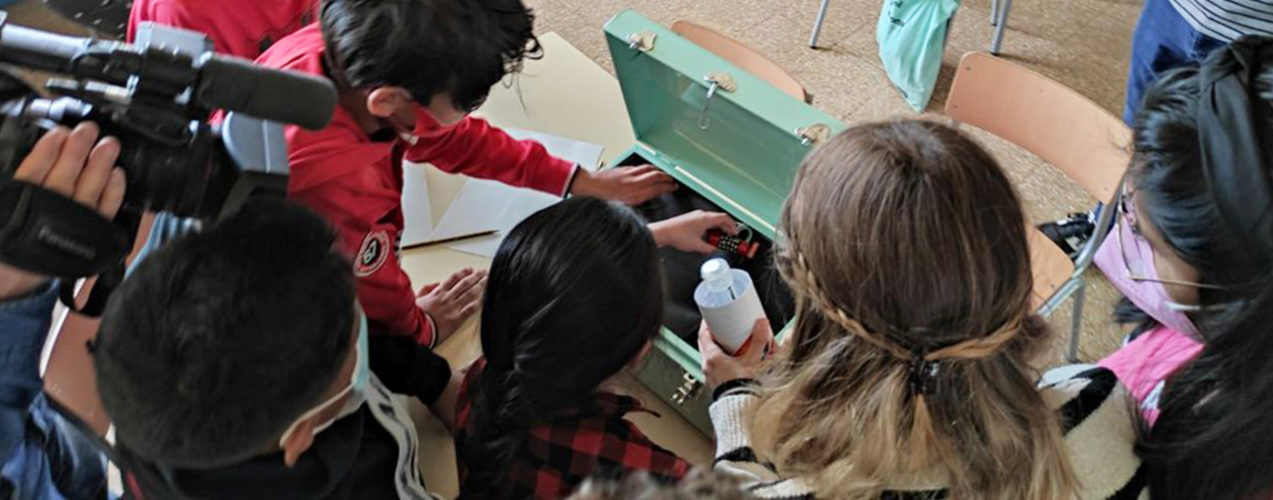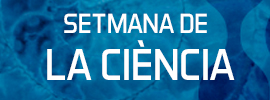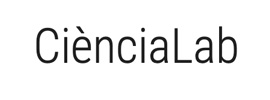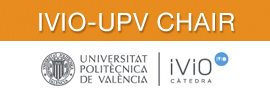Research professor Sandra Martorell from Campus Gandia of the Universitat Politècnica de València (UPV) is taking part in an international project that has created educational escape rooms to be implemented in the classroom setting.

First of all, we need to explain what an escape room is. Some of you may have already played a few. Throughout the Valencian Community and all over Spain there are plenty of businesses dedicated to this type of live-action adventure experience. Escape rooms are themed challenge events where players collaborate to find clues, complete tasks, and solve a variety of puzzles. The aim is to achieve a specific, time-bound goal – usually to escape from somewhere. According to Sandra Martorell, “There is a growing interest in their educational use, since they create real motivation to solve problems, help to develop lateral thinking, encourage collaboration and allow the participants to learn through exploration and experimentation.”
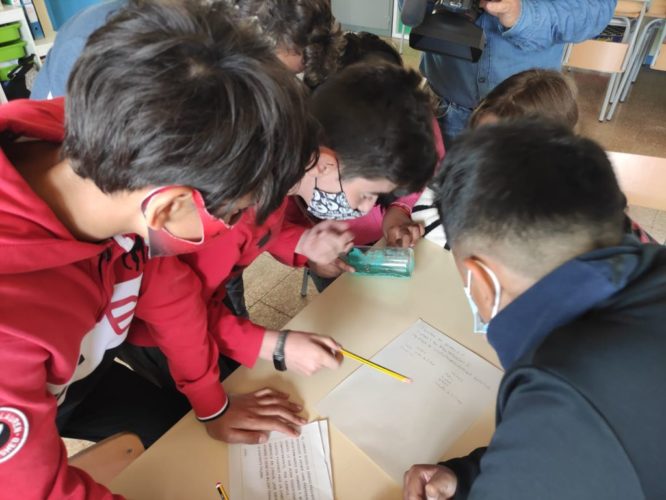
This is how School Break. International Erasmus + Project was created. Taking part in the project are various research teams from several European institutions: Pädagogische Hochschule Freiburg, Durham University, Archivio della Memoria, Limerick Institute of Technology, the Universitat Oberta de Catalunya and The University of Applied Sciences and Arts of Southern Switzerland.
The project aims to improve learning, communication skills, creativity, decision-making and problem solving, while performing these tasks in a different and entertaining way that spurs the interest in the students.
Sandra Martorell is part of the Spanish project team, where, as she points out, “We have created several escape rooms around three different themes: migration, the LGBTQI+ movement and creativity. We think that these are burning and important 21st century issues that do not have the representation they deserve in the school curriculum, which is more focused on other subject areas. It is important to talk about these issues, even if they’re not like Mathematics or Natural Sciences, because they are necessary for developing respect and values.” For this reason, escape rooms are aimed at young people between the ages pf 12 and 18, which are considered critical ages when it comes to learning and acquiring certain knowledge and values.
And not only is it possible to use them in primary, secondary and high school, it can also be used in the University. An example of this is LabEscape, a quantum physics themed room, run by the Department of Physics at the University of Illinois.
But what do these games consist of?
It should be noted that the technical name isn’t “escape room” but rather “breakouts”, since there really isn’t a physical room to escape from. They are more like a live-action board game whose goal is to open a box with various padlocks.

When designing the different tasks, coming up with the storyline that the game will follow, as well as making the student a part of the story, are more important than the puzzles themselves. So when creating the challenges, we should put the students front and center of a problem that involves them directly
Finally, Sandra Martorell points out that they have created both live-action and online versions of the breakouts, which are accompanied by teacher’s guides with all the information required to implement them in their classroom. The teacher’s guide not only includes the puzzles and task, but also the topics being addressed, since playing the game isn’t the ultimate goal; it is important to have a discussion with the students to close the session from an entertainment, educational and critical perspective.
In addition to the breakouts created by the Spanish team, there are also games created by the teams from the other countries. In total, there are more than twenty for different age groups, and in languages such as Spanish, Catalan, English, Italian, French and German, which can also be a good alternatives for foreign-language learning.
For more information you can go to the project website: http://www.school-break.eu/escape-rooms
PhD candidate at the Universitat Politècnica de València
